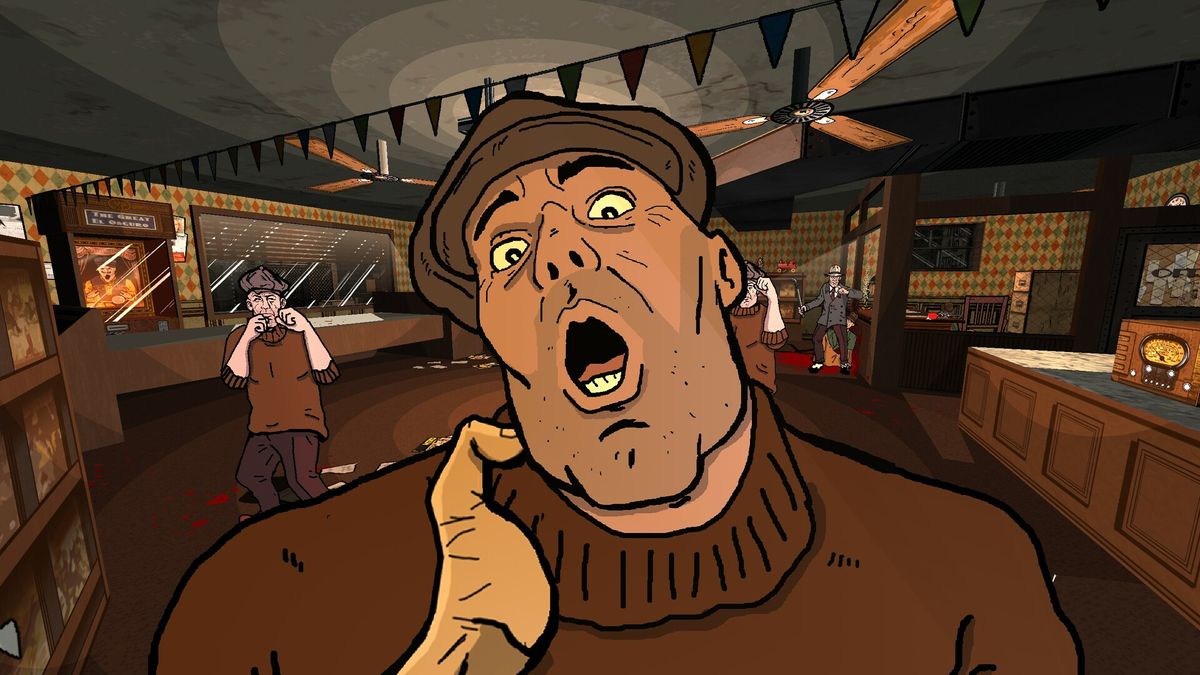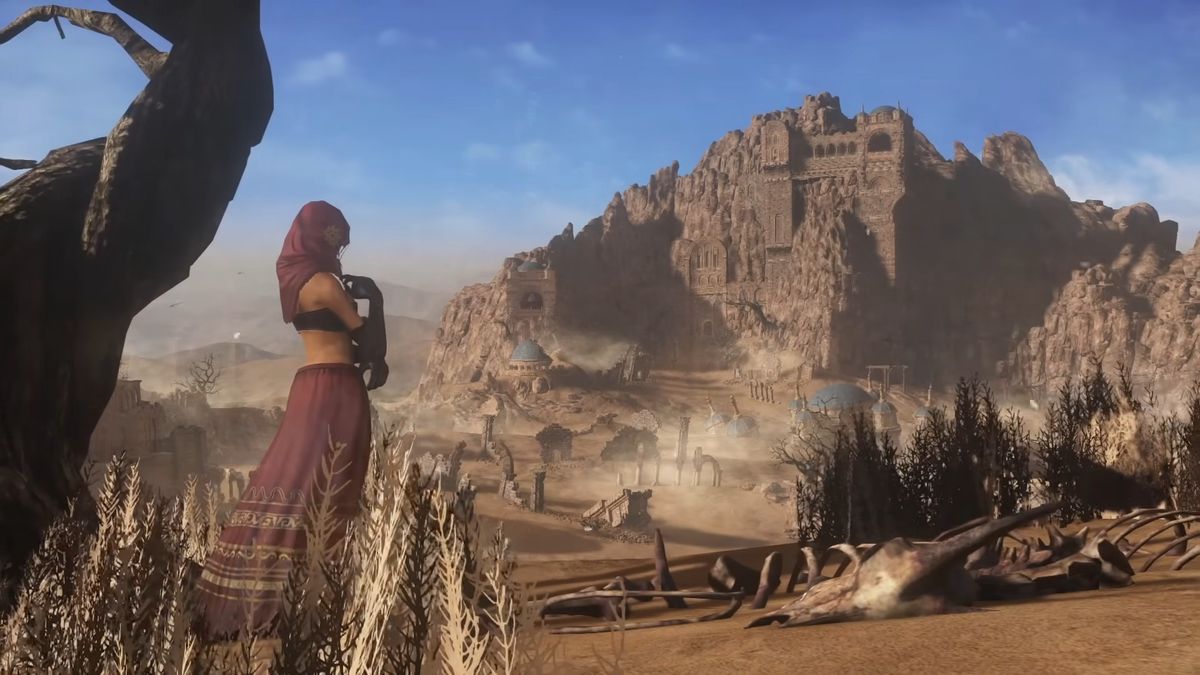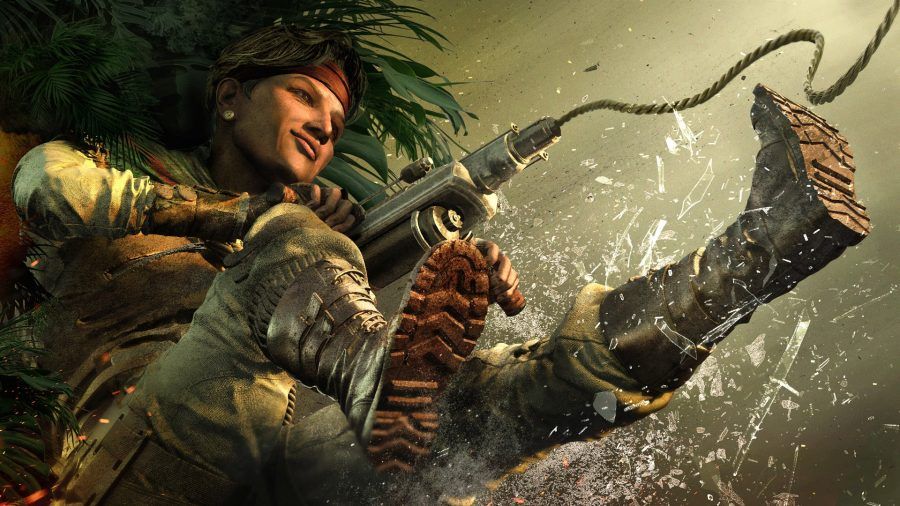In a recent interview with members of indie collective/developer New Blood, I asked them how they attribute their current success in the face of so much misery, layoffs, and studio closures in the industry. “We’re not beholden to shareholders or investors or anything like that,” said studio boss Dave Oshry. “We get to make what we want—that’s our whole motto: ‘we hate money.’
“We don’t actually hate money, money’s great, but if we wanted money we’d make a Dusk survival horror crafting game. An open world survival horror crafting deck builder roguelike Dusk.”
Don’t expect to see that version of Dusk anytime soon—Oshry credits the studio’s continued health in the face of the games industry’s current contraction to its developers sticking to their guns on what they want to create: “The games we make, we make for ourselves. It just so happens other people also want these types of games.”
Oshry contrasted this with the growth at all costs mindset he sees on the corporate side of the industry, which he argues is detrimental to making good games and enjoying yourself while doing so. At around 30 people, Oshry’s content with the size of the fully remote developer: “I care personally about our developers and everybody working at New Blood, making sure everybody’s happy and having a good time, and making sure that everybody’s voice is heard.”
Growth is something to be considered and contained at New Blood, versus an attitude of “More people, more game, more stuff, more features, more loot box, more transaction, more money, more line go up,” as Oshry characterizes it, arguing that people who love games should avoid getting sucked into that trap.
“People ask me a lot: ‘Dave, if I want to get into games now, how do I start?’ And I say don’t. Quit. You should have started five to 10 years ago. Go to trade school, get a real job. Become a plumber. People need those.
“You don’t want to be employee number 356772 that reports to somebody that reports to somebody that reports to somebody that makes the decisions. It sucks. The magic is gone. You will not enjoy videogames anymore if you work in a big game studio.”
While the indie scene doesn’t share that particular structural issue, Oshry notes that it’s “rough out there,” and is the first to admit that New Blood’s success doesn’t exactly offer an easy rubric to follow: “I can’t give a GDC talk about how to make a good videogame company because we’re barely a company. But one thing I can say is work with your friends and treat them like they’re your friends.”
Clarifying further via email, Oshry added that, “Since everyone seems to be asking how we continue to do so well amidst the whole industry apparently falling apart—there’s actually a lot of companies doing well, you just don’t hear about them in the news amid all the doom and gloom.”
Recently hired New Blood dev Dave “Garumin” Bonin, who spearheaded Dusk HD, added that he effectively stayed out of professional game development for over a decade waiting for an opportunity like New Blood. Garumin observed a “rotating door, conveyor belt, kill your employees for a profit policy” in the industry. “I was like, ‘Well, nevermind,’ and I went into pharmacy stuff and wasted my life there.”
But the future looks bright for Garumin and New Blood, with Ultrakill and Gloomwood continuing to bake in early access, while projects like Fallen Aces and a Fallout-style throwback CRPG are waiting in the wings. Meanwhile, I’ve still got my eye on Metroid Prime homage Effigy and the Thief-like Serpens from member devs Nate Berens and Thomas Porta.


